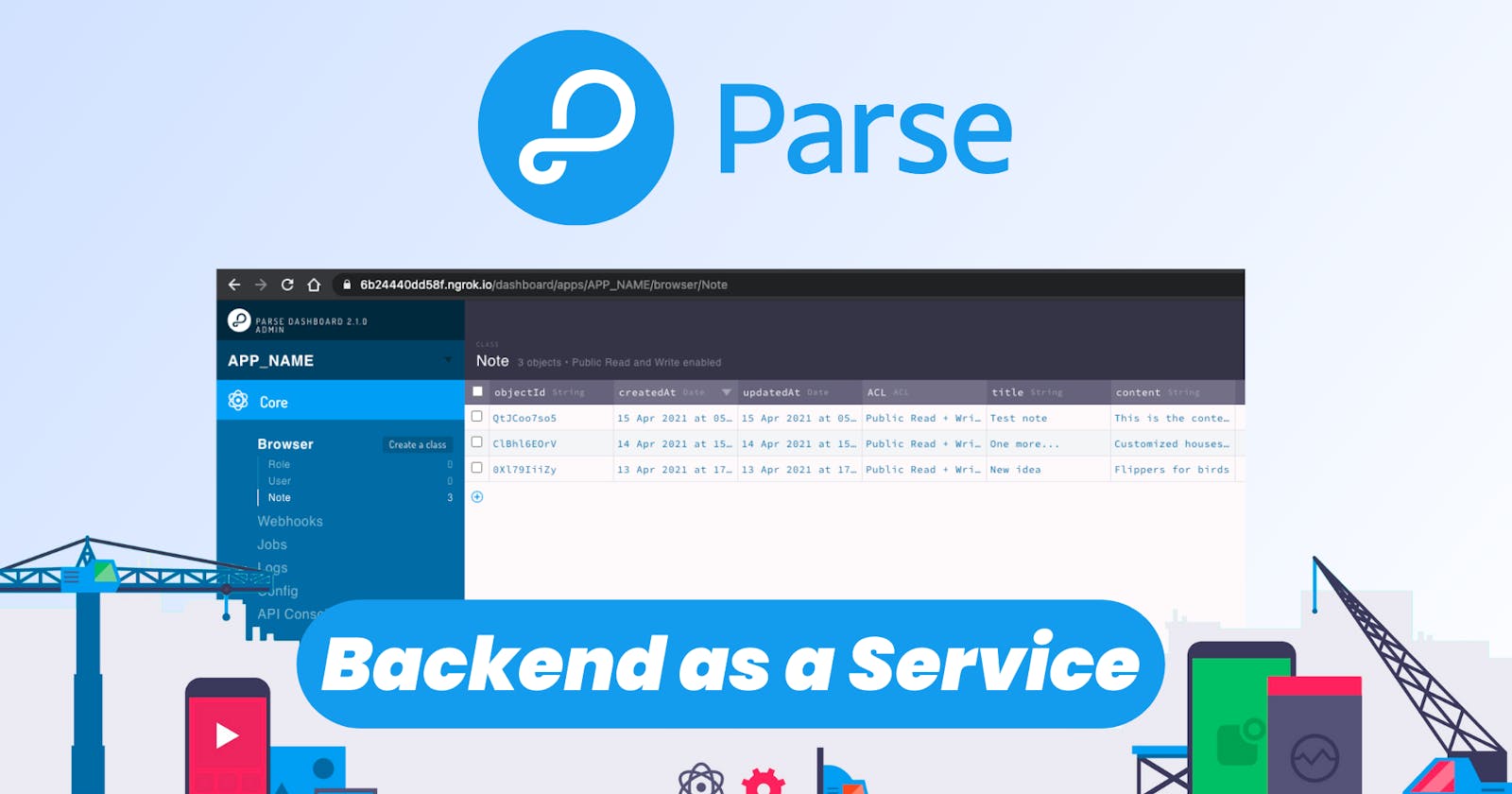In the fast-paced world of app development, the importance of a robust backend system cannot be overstated. However, for developers, diving into the complexities of server management and backend development can often feel like navigating a labyrinth. This is where Parse, an open-source platform, comes to the rescue.
Parse simplifies the backend development of mobile and web applications, allowing developers to channel their energy into creating exceptional app features, rather than wrestling with the intricacies of backend operations.
In this article, we'll take a deep dive into Parse and explore its suite of features, showcasing how it streamlines app development and offers a powerful, free, open-source alternative to the likes of Firebase.
Watch our Parse platform overview
Client SDKs
One of the standout features of Parse is its versatility. It offers a client for all major programming languages, making it accessible to a wide range of developers. Whether you're a JavaScript enthusiast, a Python pro, or a Ruby on Rails aficionado, Parse has you covered. This broad language support ensures that developers can seamlessly integrate Parse into their tech stack, irrespective of their preferred programming language.
NoSQL Database
Parse leverages a NoSQL database for efficient data management. This NoSQL approach is ideal for mobile and web applications, as it allows for flexibility and scalability, accommodating the dynamic nature of modern apps. Developers can effortlessly store and retrieve data, harnessing the power of NoSQL to create efficient, responsive applications.
Authentication and Authorization with ACL and Roles
Security is paramount in app development, and Parse understands this well. It offers robust authentication and authorization features, including Access Control Lists (ACL) and role-based permissions. With ACL, you can define who can access specific resources, while roles provide a structured way to manage user access. This granular control over permissions ensures that your app's data remains secure, and user interactions are appropriately managed.
File Storage
In addition to database management, Parse simplifies file storage. Whether it's user profile pictures, app assets, or any other media, Parse provides a straightforward way to store and manage files. This feature significantly eases the burden on developers, as they can seamlessly integrate media handling into their applications without worrying about the complexities of file storage.
Push Notifications
Engaging users is a critical aspect of app development, and Parse offers a solution in the form of push notifications. With Parse, you can reach out to users with timely updates, alerts, or personalized messages, enhancing user retention and interaction. This feature empowers developers to keep users engaged and informed, fostering a more dynamic app experience.
Webhooks, Scheduled Jobs, and Events
Parse takes app functionality to the next level with webhooks, scheduled jobs, and events. Webhooks enable you to receive real-time updates, while scheduled jobs allow you to automate routine tasks. Events provide a dynamic way to trigger actions based on user interactions. These features offer a high degree of flexibility and customization, empowering developers to create dynamic, responsive applications.
Conclusion
Parse is a game-changer in the world of app development. By offering a free, open-source, and versatile platform, it simplifies the backend development of mobile and web applications.
Developers can enjoy a comprehensive set of features, including a NoSQL database, robust authentication and authorization, efficient file storage, and engaging push notifications.
So, if you're ready to take your app development to the next level, give Parse a try, and experience the freedom to focus on creating exceptional app features. It's your ticket to an efficient, hassle-free backend development journey.

